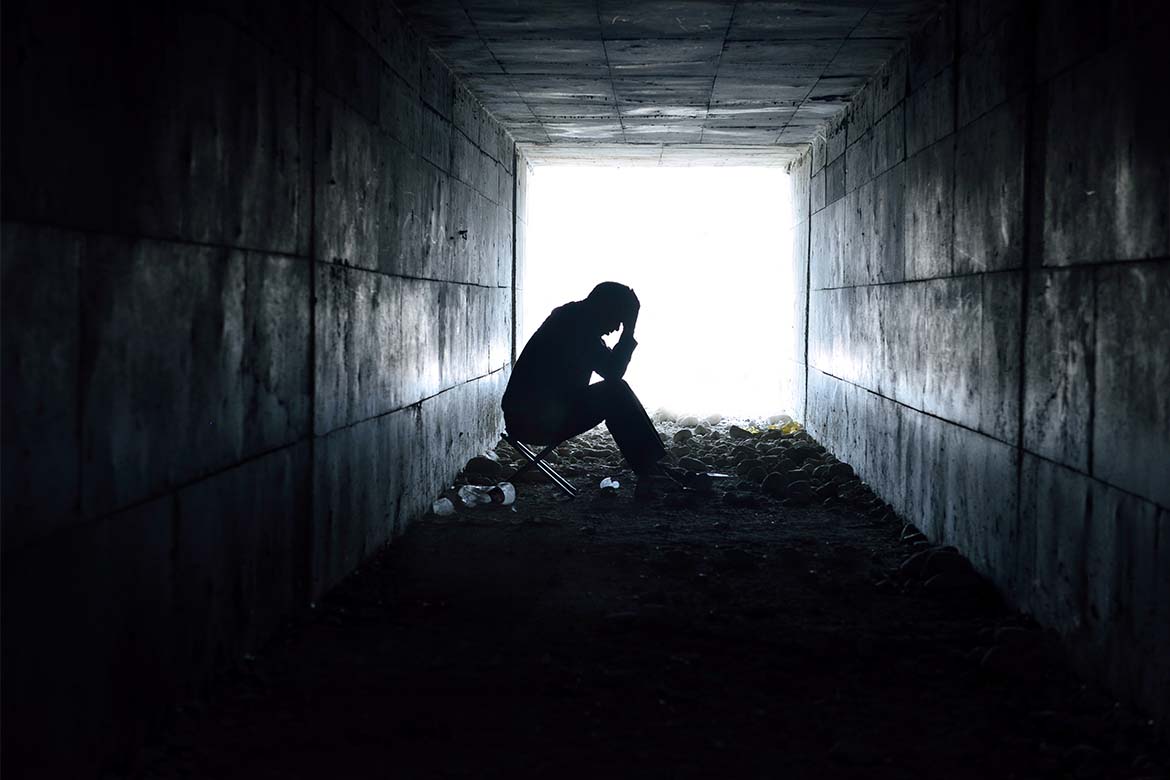Victim Support: their role in responding to terrorist incidents
We interviewed Caroline Birkett, Head of Service at Victim Support, who helped assist those involved in the attack at Fishmongers’ Hall, to learn more about the role of VS in the response to terrorist incidents.
Any terrorist incident involves emergency responders and many others working in partnership to deal with events as they evolve on the day. The impact on those caught up in an incident may continue for days, weeks and perhaps years that follow. That’s where Victim Support (VS) steps in.
Following a terrorist incident, how is Victim Support put in touch with those people needing support?
There are various referral pathways for people affected by terrorism. Once any incident like Fishmongers’ Hall takes place and we have had confirmation the incident involves a terrorist attack, Victim Support will start publicising its National Supportline through various social media platforms. We also put out a press release about the availability of support for anyone who feels they have been impacted. The VS National Supportline is available for people to call or live chat into 24/7/365. FREEPHONE: 08 08 16 89 111.
Our Counter-Terrorism colleagues will make referrals for victims who have been injured during the incident or who have witnessed it and Family Liaison Officers will make referrals for families who have lost a loved one as a result of the incident direct into our Homicide Service.
What kinds of issues do people need help with?
In the immediate aftermath of an incident, many people need support to cope with the shock of being involved in the incident and managing the range of emotions they may be experiencing. For those who are finding it difficult to cope VS can provide Trauma First Aid, which is a service delivered through trained therapists VS commission on a case-by-case basis. Those affected often find they have trouble sleeping and coping with daily routines and find themselves having flashbacks of the incident.
In the longer term, VS provides support for individuals during the inquest or any criminal trial taking place.
What does this support entail?
Support for major incidents often includes the provision of support at humanitarian assistance centres and undertaking outreach in the affected area. A major incident response caseworker will provide dedicated support for each person affected.
Firstly, their needs will be assessed and the impact the incident has had on them. As a result of this needs assessment each person will have a plan for how they are going to be supported in the immediate aftermath and longer term. This support is provided by local teams. Families who have lost loved ones are supported by our Homicide Service.
How do you engage or work with other partners, like the local authority, NHS or the police?
When VS responds to a major incident it is very much a partnership approach to providing support. The police are our closest criminal justice partner and therefore are the main referrer of victims and witnesses into VS so they can get the support they need to help them cope and recover.
VS also engages with Local Authorities. For example, we liaised with the City of London following the Fishmongers’ Hall incident to support the humanitarian response and ensure all those impacted have the opportunity to access support. We work with the NHS to ensure all those affected are referred for outreach and screening for PTSD, so the longer-term psychological impact of the incident is addressed.
What kind of people work (or volunteer) for VS? What skills, background, approach do you need?
No formal qualifications are required to work or volunteer for VS and we welcome applications from all communities as we want our workforce to reflect the diverse nature of the work we do and the communities we provide support to.
How does VS train its volunteers for supporting those involved in a terrorist incident?
All staff and volunteers receive comprehensive training for helping to support those people who have experienced terrorism. VS developed a bespoke training course looking at the organisation’s response to a Major Incident and it has been designed using previous experience of supporting those affected by terrorism and our role within the humanitarian response.
What kind of feedback do you receive from your clients?
Some clients have said they could not have coped without us; for some the support has enabled them to cope with life-changing events and knowing they have had someone to support them through their journey to cope and recover has been really meaningful to them.
How can our readers support the work of VS?
By ensuring awareness of VS and the service it provides to people affected by terrorism and other crimes so they can directly refer or signpost individuals to our service.
National support line: 08 08 16 89 111


